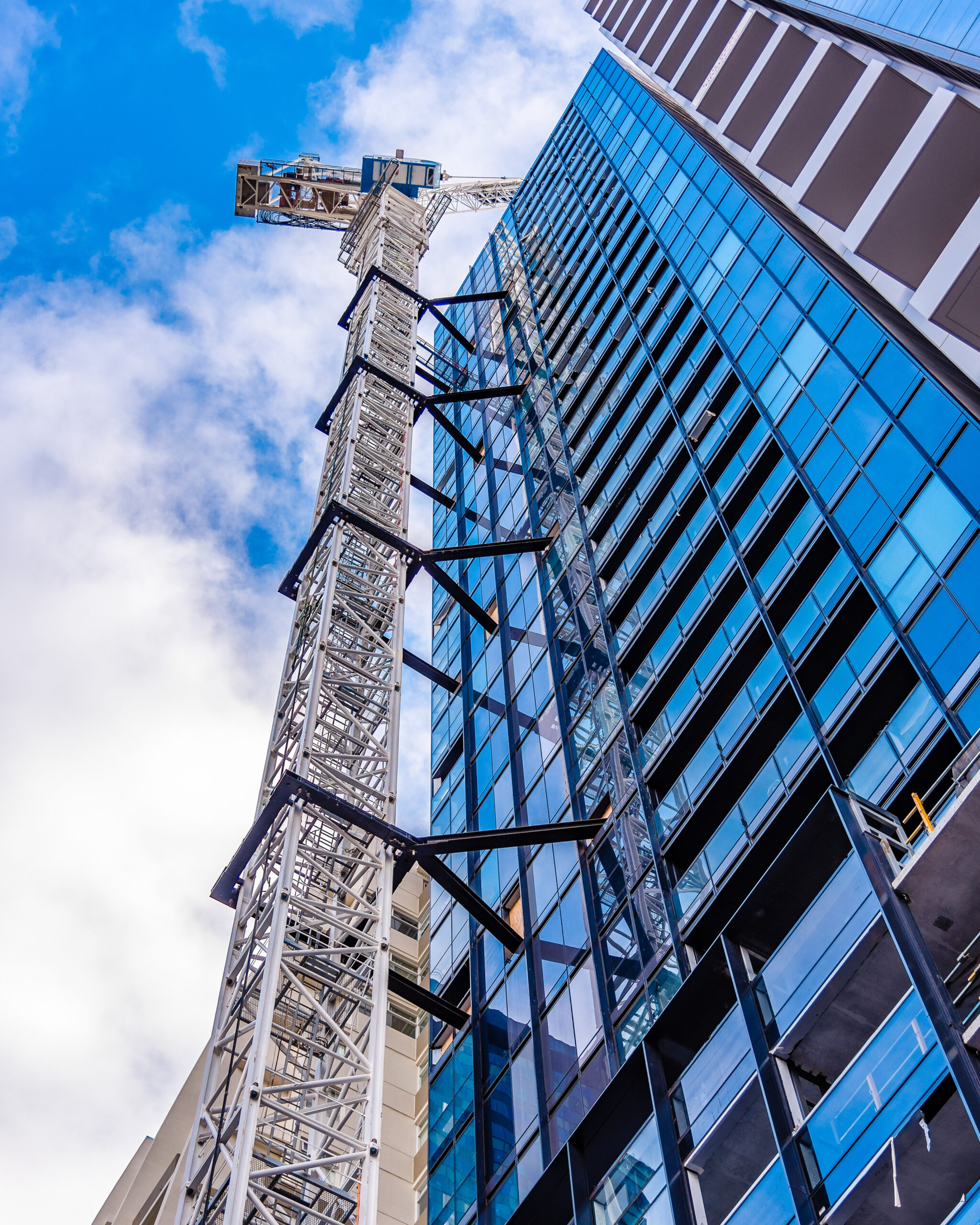On 17 September 2025, the High Court granted the South African Reserve Bank (SARB) and Deputy Governor Nomfundo Tshazibana permission to take their dispute with Standard Bank directly to the Supreme Court of Appeal (SCA).
This follows the High Court’s earlier judgment in Standard Bank v South African Reserve Bank, which sparked significant debate over how crypto assets should be treated under South Africa’s exchange control framework. With the order now suspended pending appeal, the legal status of crypto under the Exchange Control Regulations remains unresolved.
The Competing Views
SARB and Ms Tshazibana’s Position
The Reserve Bank argued that crypto assets fall within the ambit of existing definitions such as “money,” “foreign currency,” “capital,” or a “right to capital” under the Exchange Control Regulations of 1961.
They urged the court to adopt a flexible, forward-looking interpretation that would keep the regulatory scheme relevant in the face of fast-evolving financial innovations. SARB warned that excluding crypto creates a regulatory vacuum which could weaken its constitutional mandate to safeguard the value of the currency and curb the outflow of capital, while also enabling opportunities for circumvention of exchange controls.
Standard Bank’s Response
Standard Bank, in turn, argued that the High Court was correct to take a narrow and text-based approach. They emphasised that crypto assets are not recognised as legal tender, nor as foreign currency or capital, under the current regulatory wording.
The bank stressed that while any gaps in the framework may exist, it is Parliament, not the judiciary, that must amend the law. Stretching the definitions to capture crypto, they argued, would go beyond the proper role of the courts and conflict with long-standing interpretative principles.
Appeal Process Ahead
The litigation is far from over. The next steps include:
- Notice of appeal: SARB and Ms Tshazibana must file within one month.
- Cross-appeal: Standard Bank will then have one month to lodge a cross-appeal if it chooses.
- Appeal record: Due three months after the notice of appeal.
- Heads of argument: To be filed six weeks after the record is lodged.
Only after these procedural steps are complete will the matter be set down for a hearing in the SCA which means that the dispute will likely only be heard in 2026.
Why It Matters
The case is regarded as a landmark in South African crypto law. Its outcome will determine whether crypto assets fall under the existing exchange control regime or whether Parliament will need to legislate specifically for digital assets. For now, the regulatory position remains in flux, leaving businesses and individuals uncertain about the treatment of crypto transactions across borders.






